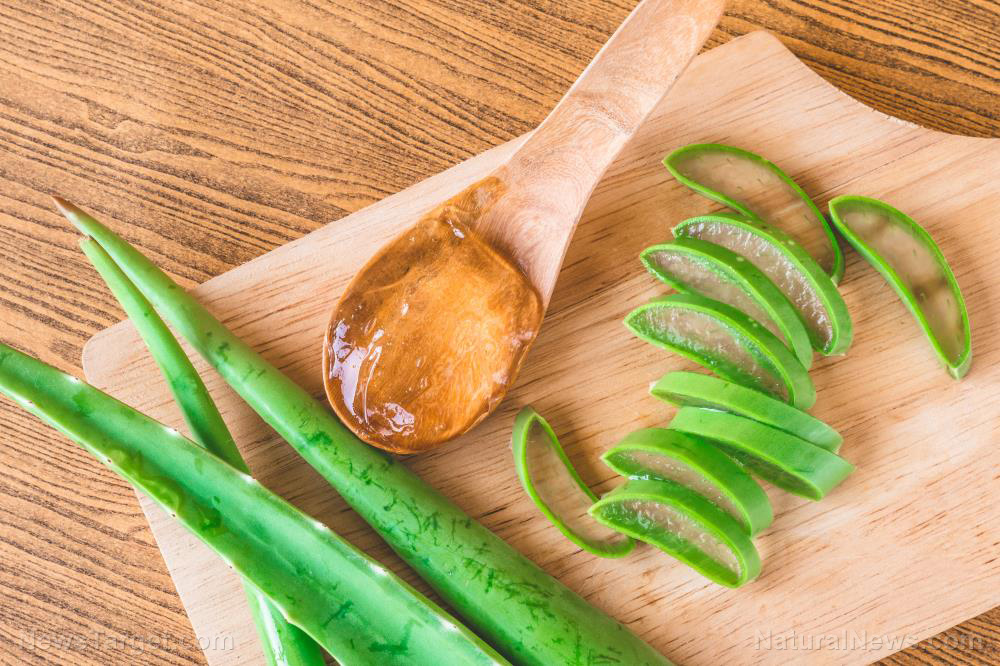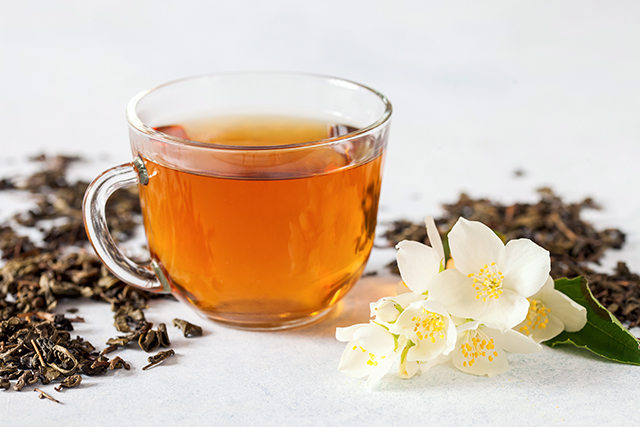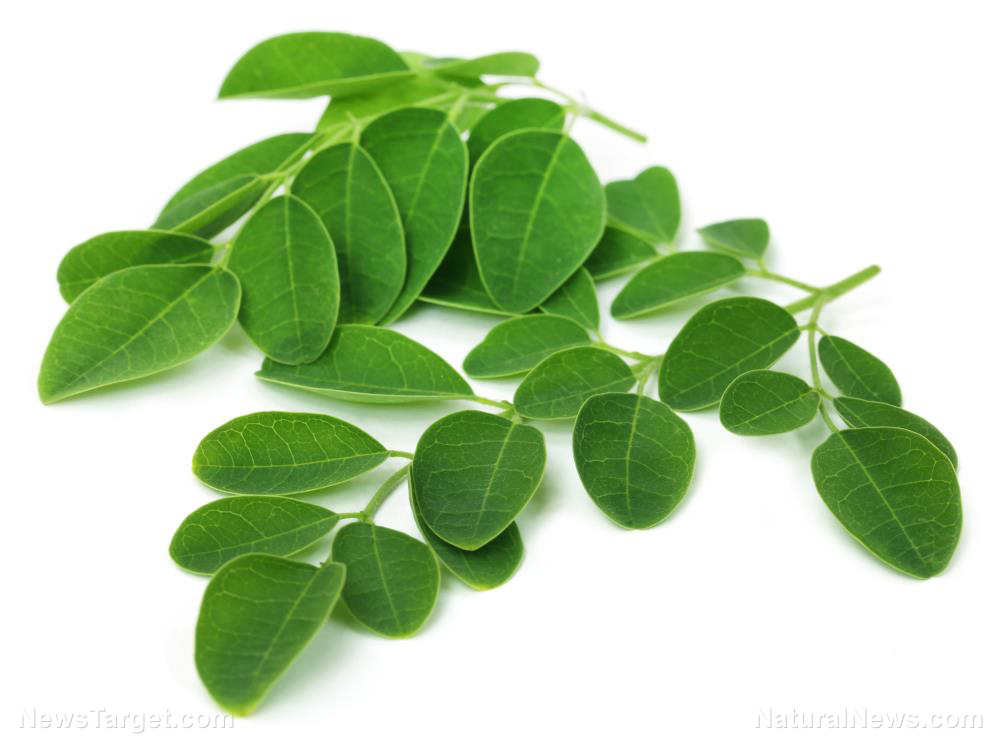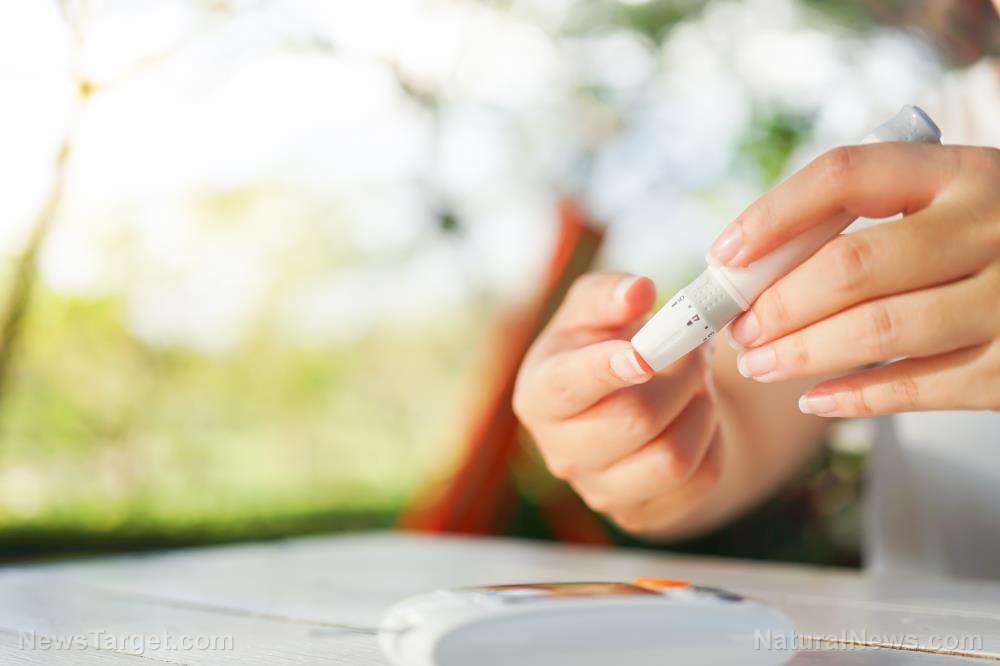Another study finds turmeric and curcumin to be a safe, effective treatment for lowering cholesterol and protecting the heart
11/12/2018 / By Frances Bloomfield
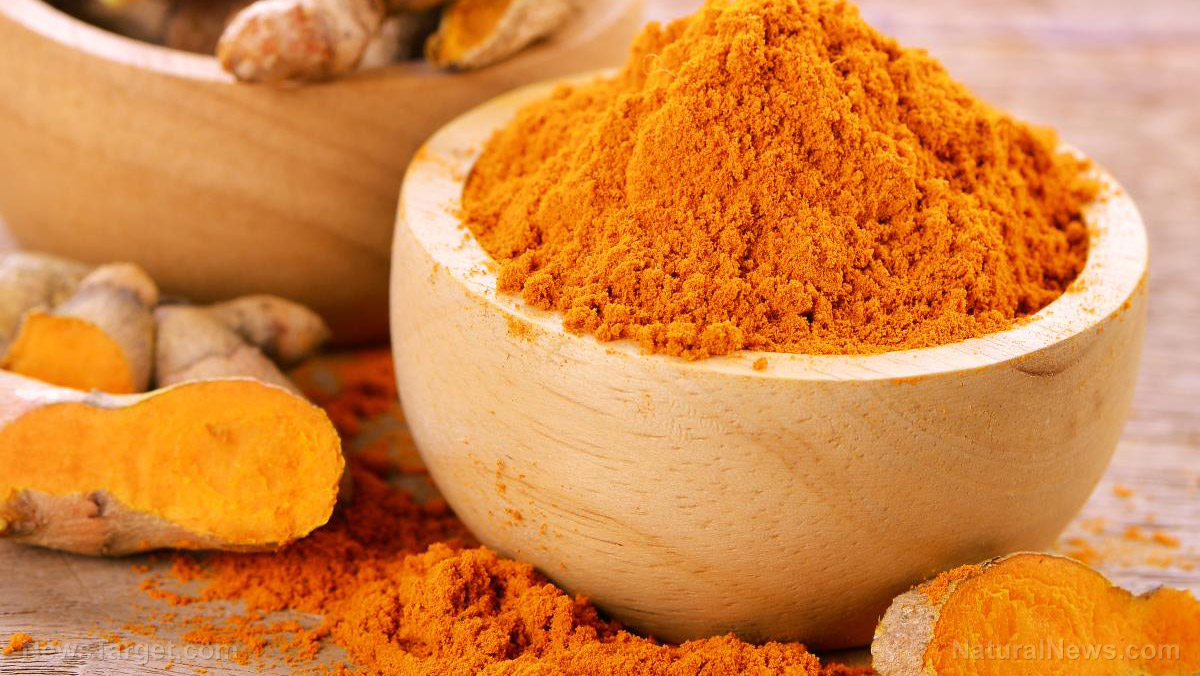
Turmeric and curcumin are two substances most known for their wide array of health benefits. One of these is their positive impact on the heart; though the lipid-lowering effects of either substance is unknown. To answer this quandary, a team of researchers from The Second Affiliated Hospital of Chongqing Medical University conducted a meta-analysis of numerous studies to assess this possible benefit.
The researchers began by looking for randomized controlled trials (RCTs) in various online databases using keywords like “turmeric,” “cholesterol,” “triglycerides,” and other compatible phrases. A total of 1,566 studies were identified. This number was trimmed down even further to seven after these studies were screened and examined by two independent investigators. Of the seven RCTs, the researchers chose to focus on those that included participants with Type 2 diabetes mellitus or metabolic syndrome, a collection of symptoms that increase the risk of heart disease and diabetes.
Meta-analysis of these studies revealed that turmeric and curcumin had positive effects worth taking note of. For instance, the two substances were shown to impact the serum triglyceride and low-density lipoprotein cholesterol levels of patients at risk of cardiovascular disease. Furthermore, patients who had metabolic syndrome were also shown to benefit from reduced serum total cholesterol levels after being administered turmeric and curcumin.
The researchers believe that these results were due to a number of molecular mechanisms. Curcumin can bind with and activate peroxisome proliferator-activated receptor gamma. This nuclear receptor suppresses low-density lipoprotein cholesterol gene expression, which in turn can reduce concentrations of plasma low-density lipoprotein cholesterol. Another probable explanation was that curcumin was capable of interacting with peroxisome proliferator-activated receptor alpha, cholesteryl ester transfer protein, and lipoprotein lipase, resulting in abated triglyceride levels. (Related: Two more reasons to take turmeric: It protects your heart, fights autoimmune disease.)
The power of the elements: Discover Colloidal Silver Mouthwash with quality, natural ingredients like Sangre de Drago sap, black walnut hulls, menthol crystals and more. Zero artificial sweeteners, colors or alcohol. Learn more at the Health Ranger Store and help support this news site.
Although beneficial in several aspects, the researchers stated that turmeric and curcumin had no noticeable effects in many others. The serum total cholesterol levels of hyperglycemic patients remained the same, as did the serum high-density lipoprotein levels of patients at risk of cardiovascular disease. However, since the majority of these studies utilized unformulated curcumin, the researchers added that a different form of curcumin would be better for future clinical trials. As is, curcumin has very poor bioavailability because the human body is unable to fully absorb it before expelling it.
“Subjects who received turmeric and curcumin experienced a natural cardioprotective effect, with lowering of serum [low-density lipoprotein cholesterol] and [triglyceride] levels, as compared to subjects who did not,” wrote the researchers in their study, published in Nutrition Journal. They added that the effects of turmeric and curcumin on total cholesterol is still inconclusive, although it can reduce the total cholesterol levels of those who have a higher likelihood of cardiovascular disease. All in all, more studies would be necessary to confirm this, preferably with a form of curcumin with enhanced bioavailability.
What else can turmeric do for the heart?
According to Healthline.com, curcumin can improve the function of the endothelium or blood vessel lining. Through this, curcumin can greatly minimize the chances of endothelial dysfunction, which is a factor and major driver behind cardiovascular disease. In fact, several studies have confirmed this beneficial effect, with one study even stating that curcumin is as effective as exercise in this respect.
Moreover, curcumin has been shown to cut back on inflammation and oxidation, both of which can impact an individual’s chances of developing cardiovascular disease. The efficacy of curcumin is such that coronary artery bypass surgery patients who received a small dosage of curcumin over the course of their hospital stay were 65 percent less likely to suffer a heart attack.
If you’d like to go over the heart-healthy advantages of turmeric and other natural remedies, read ReverseHeartDisease.news.
Sources include:
Tagged Under: alternative medicine, cholesterol, curcumin, Heart, heart health, Herbs, natural cures, natural medicine, nutrition, prevention, research, triglycerides, turmeric







